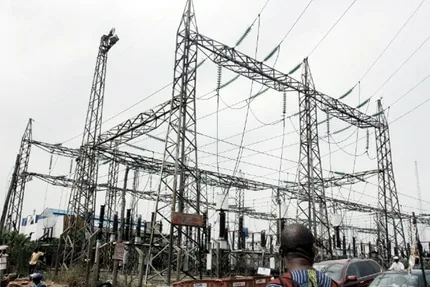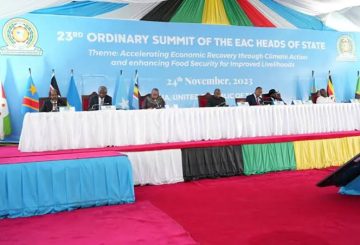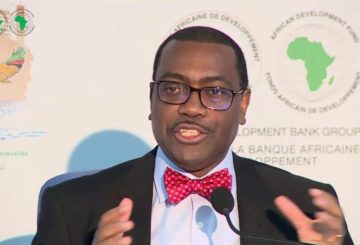Power industry watchdog NERC has issued a warning over the deplorable condition of the national grid.
According to a recently published study by the Nigerian Electricity Regulatory Commission, the grid network’s stability decreased in 2022 as a result of an increase in the frequency of total system failures that caused nationwide blackouts compared to the year before.
The report reads, “This decline in grid reliability in 2022 is further proven by the fact that the range of 1.73Hz between the average maximum and average minimum grid frequency in 2022 is higher than 1.41Hz which was recorded in 2021.
“While the grid reliability performance declined in 2022, overall, the network has recorded a downward trajectory in terms of number of grid incidents since 2018.”
There have been three system failures so far this year.
The research was released shortly after the Power Minister, Adebayo Adelabu, announced that the Federal government planned to invest $20 billion in new power plants and transmission lines in an effort to increase electricity generation and national grid stability.
Adelabu stated in his speech at an energy summit in September that FG would expand the power sector with significant investments in 2023 and beyond.
“The Nigerian government is actively advancing the power sector through various measures. With a $20 billion investment plan, new power plants and transmission lines are set to be established to boost power generation and grid stability,” he revealed.
Dr. Joy Ogaji, executive secretary of the Association of electricity Generation Companies, stated earlier this month that the national grid’s electricity capacity has increased to 14,000 MW from its previous record of 13,000 MW.
She claims that the 700MW addition made by the $1.3 billion Zungeru hydropower facility in Niger state, which went online in the second quarter of the year, was what caused the surge.
“The national grid now has an installed power generation capacity of about 14, 000 megawatts, and this was made possible due to the Zungeru plant that came on stream this year.”
She continued, saying that it was a chance for interested investors to collaborate with the Gencos.
The Transmission Company of Nigeria and Discos were instructed by the NERC to develop Service Level Agreements that will ensure grid discipline in order to maintain a trajectory of network stability improvements. The NERC said it will continue to evaluate how well this instruction is being carried out.
“The Commission is also exploring options for the enforcement of under frequency load-shedding scheme which has been put in place to provide an added layer of security for the grid in the case of a sudden loss of generation.”





